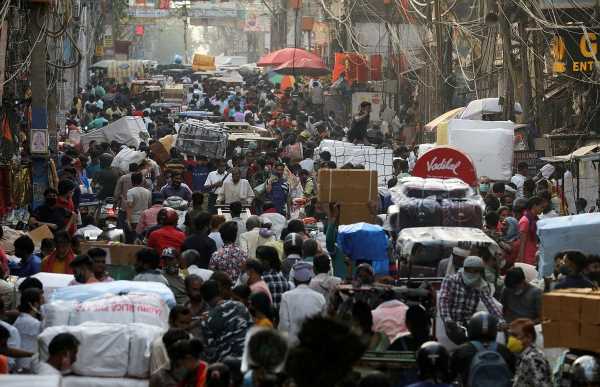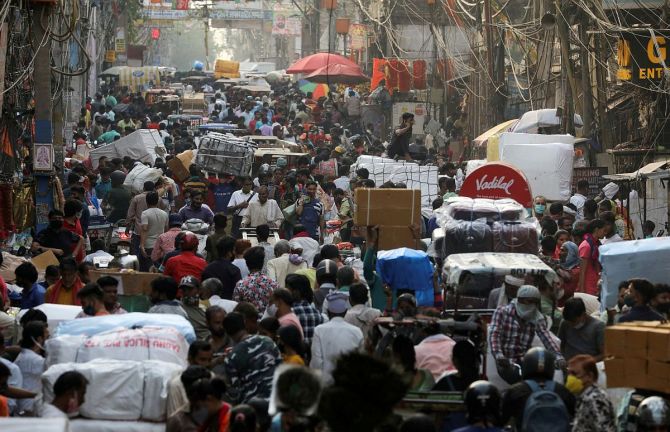India likely to contribute 15% to global growth in 2023: top IMF exec
India is expected to contribute 15 per cent to the global growth in 2023, an International Monetary Fund (IMF) official said on Tuesday.
“Both India and China are expected to contribute 50 per cent of the global growth in the upcoming year (2023).
“However, the share of India’s contribution to global growth is expected to be around 15 per cent,” Krishna Srinivasan, director, Asia and Pacific Department (APD) at IMF said at a roundtable with reporters from south Asian countries.
The Washington-based multilateral lender has projected the Indian economy to grow at 6.1 per cent in FY24 compared to 6.4 per cent estimated by the Reserve Bank of India.
Responding to a question on the challenges to India’s growth prospects, the IMF director said that despite doing better than the rest of the world, inflation remains a key challenge.
“Inflation is a concern. When the core inflation remains sticky, interest rates have to be tightened.
“So how that bears on the domestic demand is a key challenge for the Indian economy, because the external environment is weak due to the Ukraine war and the slowdown in western economies,” added Srinivasan.
On February 8, RBI had raised the repo rate by 25 basis points to 6.5 per cent.
Despite a cumulative hike of 250 basis points in the key rate since last year, retail inflation in January came above RBI’s upper tolerance limit of 6 per cent–at 6.52 per cent–leading experts to project more rate hikes in the coming months.
Srinivasan said intervention by the central banks through exchange rate seldom helps in arresting the depreciation in currencies and that the market should be allowed to run its own course.
“In general, when you have these persistent shocks, intervention seldom helps. You rather allow the exchange rate to move and adjust (on its own)”, he added.
Srinivasan said fading supply chain disruptions and the boom in the service sector have made way for stronger recovery in Asia.
“The economic headwinds that faced Asia and the Pacific last year have started to fade.
“Global financial conditions have eased, food and oil prices are down, and China’s economy is rebounding,” he added.
Source: Read Full Article




